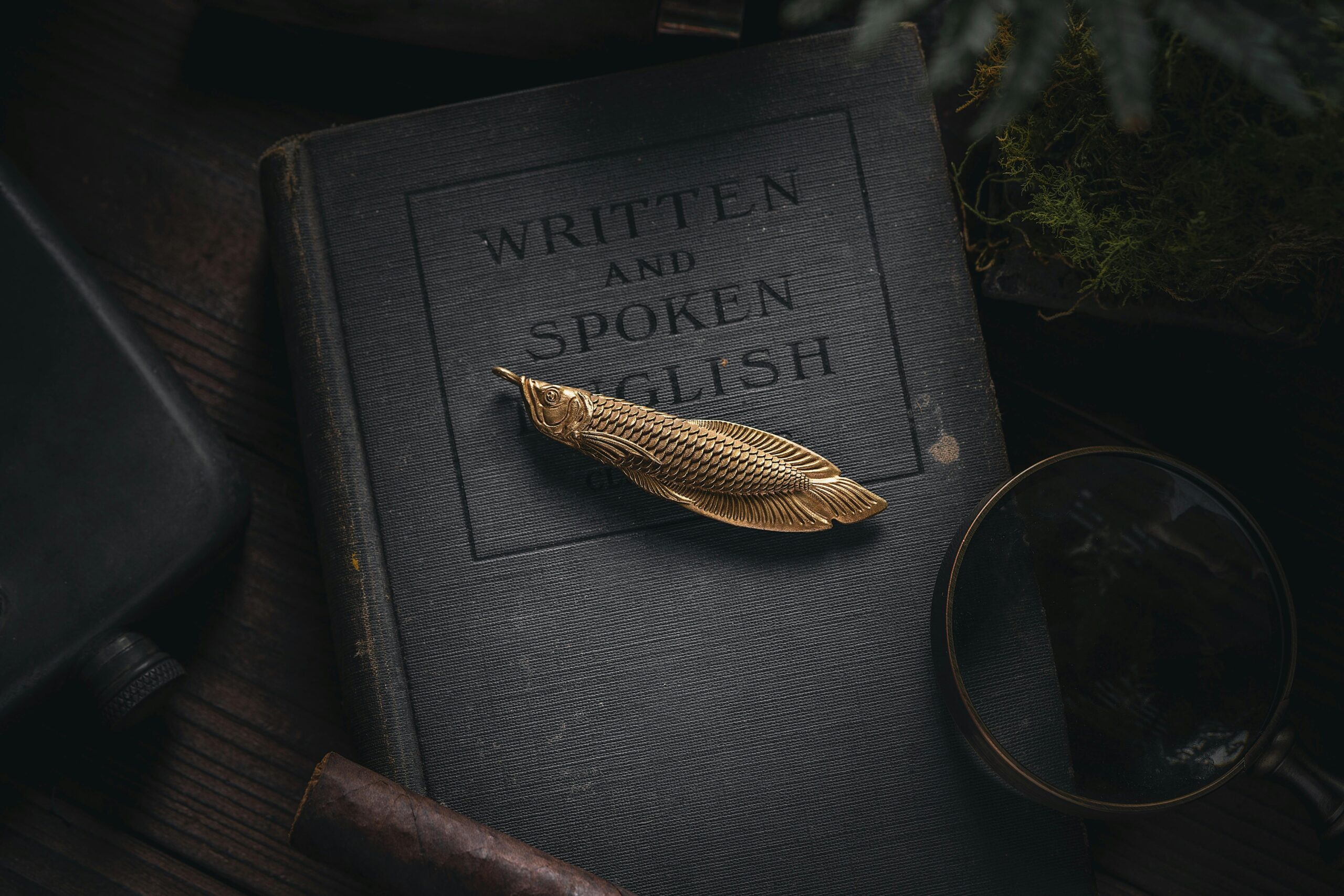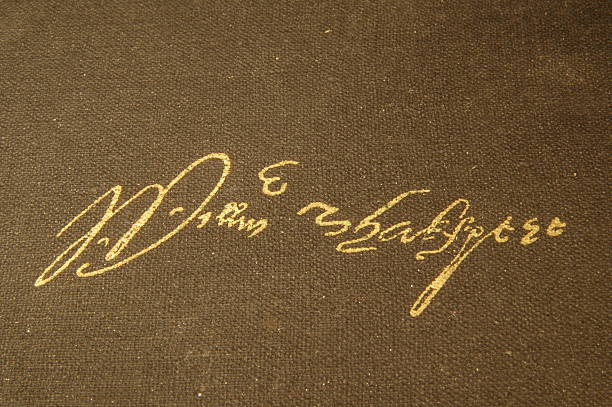Introduction: Why Ethics Still Matter in Classic Literature
In classic books, people connected in ways that reflected deep morality and strong ethical values. These stories, full of honesty, loyalty, and integrity, show how relationships were built not just on love or duty—but on trust, honor, and mutual respect. Readers today still find these stories powerful, because they teach us how to form ethical connections in real life. Whether it’s a friendship, a family bond, or a romantic link, these books show that moral choices shape how we relate to each other. This article explores how those ethical relationships in classic novels still guide us today.
The Ethical Landscape in Classic Literature
Classic books often reflect the moral world of their time. Authors used stories to explore deep questions about right and wrong. In many novels, characters faced tough ethical choices that revealed their values. These books weren’t just about plot—they were about how people connected through integrity, honesty, and respect. Writers like Jane Austen, Charles Dickens, and Leo Tolstoy used morality in books to show how humans grow and relate to others. Their characters formed bonds by choosing truth over lies, and loyalty over gain. These timeless stories help us understand how ethical behavior in literature still speaks to our hearts today.
Characters Who Built Ethical Relationships
Many classic novels show us characters who form deep, honest bonds based on moral values. In Pride and Prejudice, Elizabeth Bennet and Mr. Darcy build a relationship rooted in respect, growth, and truth—not just romance. In To Kill a Mockingbird, Atticus Finch teaches his children and community about justice and empathy, showing that doing what’s right builds trust. Another example is Les Misérables, where Jean Valjean and Bishop Myriel connect through forgiveness and moral transformation. These characters remind us that ethical connections in literature are built not by words alone, but by actions that reflect honor and integrity.
How Ethics Shaped Human Bonds in Stories
In classic literature, ethics often guided how people formed meaningful relationships. Characters didn’t just connect by chance—they made choices that reflected care, honesty, and selflessness. For example, in Little Women, Jo March and her family share a bond built on love and doing what’s right, even in hard times. These stories show that values like trust, empathy, and forgiveness are key to real connection. Often, a simple act of kindness or telling the truth became the moment two characters truly connected. Through these moments, books taught us that ethical behavior in relationships creates lasting human bonds.
The Role of Social Class, Gender, and Power
In many classic novels, ethical connections were challenged by social class, gender roles, and power dynamics. Characters often had to fight against unfair systems to form honest, respectful relationships. In Jane Eyre, Jane stands firm in her values, choosing dignity over comfort, even when love and wealth are at stake. In Tess of the d’Urbervilles, Tess faces judgment and injustice, yet shows moral strength and compassion. These stories remind us that true connection comes from choosing what’s right—not what’s easy. Despite barriers, these characters prove that integrity and honor can bridge even the widest divides.
Ethical Dilemmas and Moral Conflict
Classic literature often presents characters with tough ethical dilemmas that force them to make life-changing decisions. These moral conflicts are key to how people connect in the stories. In Crime and Punishment, Raskolnikov struggles with guilt and redemption, showing how moral failures can affect relationships. In The Brothers Karamazov, the characters grapple with questions of faith, sin, and moral responsibility, which shape their connections with each other. These dilemmas make readers reflect on their own values, showing how moral conflict can lead to growth, understanding, and a deeper connection with others
Ethical Growth and Emotional Intelligence
Classic novels often show us how characters evolve through their ethical decisions. Over time, they gain emotional intelligence, learning to navigate complex relationships with empathy and understanding. In The Great Gatsby, Gatsby’s pursuit of the American Dream leads to his downfall, but it also shows the dangers of ignoring moral values. In contrast, in A Christmas Carol, Ebenezer Scrooge undergoes a profound transformation, learning how compassion and generosity can heal relationships. These stories demonstrate how ethical growth is essential for forming strong, meaningful human bonds and becoming more emotionally aware.
Modern Lessons from Ethical Connections in Classics
The ethical connections in classic literature still resonate with us today, offering valuable lessons for modern relationships. These stories teach us the importance of honesty, loyalty, and empathy, qualities that remain essential in building strong, trusting connections. Whether it’s learning to forgive like Jean Valjean, or standing up for what’s right like Atticus Finch, these characters’ journeys offer practical insights into moral leadership and personal integrity. By reflecting on these ethical bonds, readers can gain a deeper understanding of their own relationships and how to navigate challenges with empathy and respect.
Conclusion: The Timeless Relevance of Ethical Connections
In conclusion, ethical connections in classic literature offer profound insights into how people relate to one another. These timeless stories teach us that values like honor, respect, empathy, and loyalty are not only essential for meaningful relationships but also for personal growth. Whether through the ethical dilemmas faced by characters or the ways in which they navigate moral challenges, these books remain as relevant today as when they were first written. By understanding how characters in classic novels made ethical choices, we can gain valuable lessons on how to connect with others in a way that builds trust, compassion, and long-lasting bonds.





